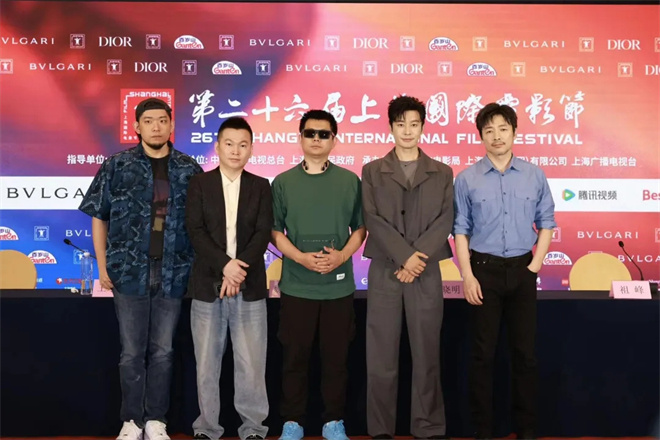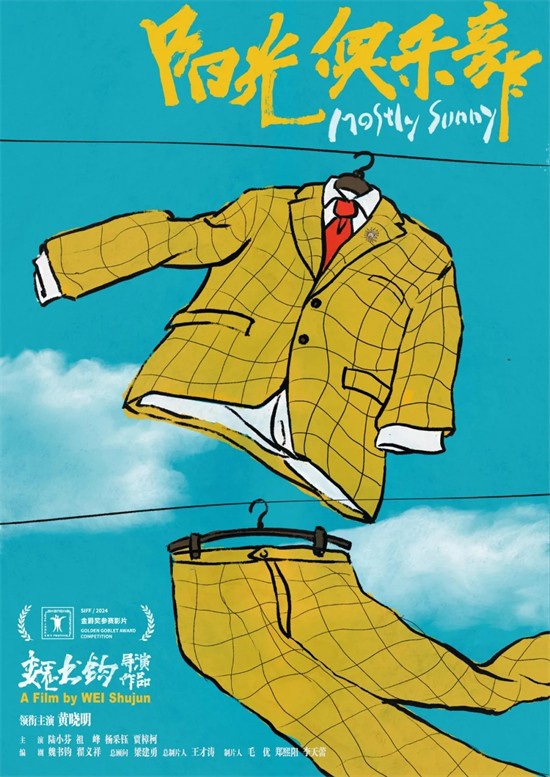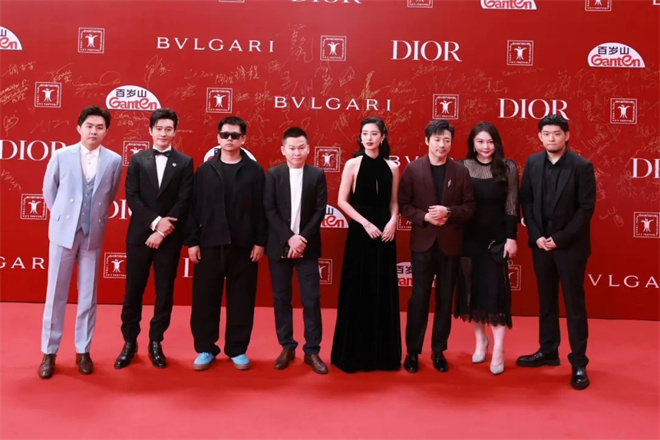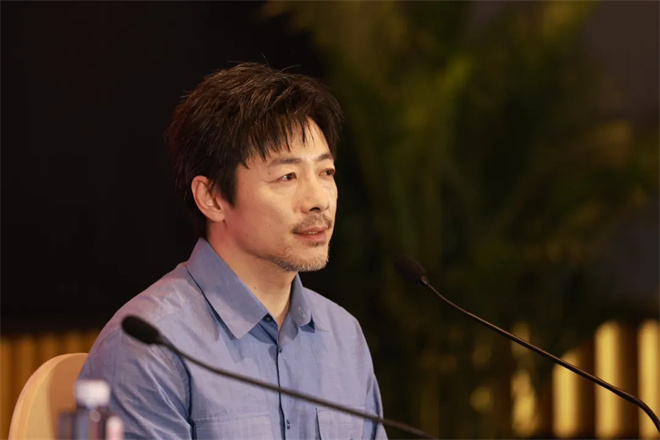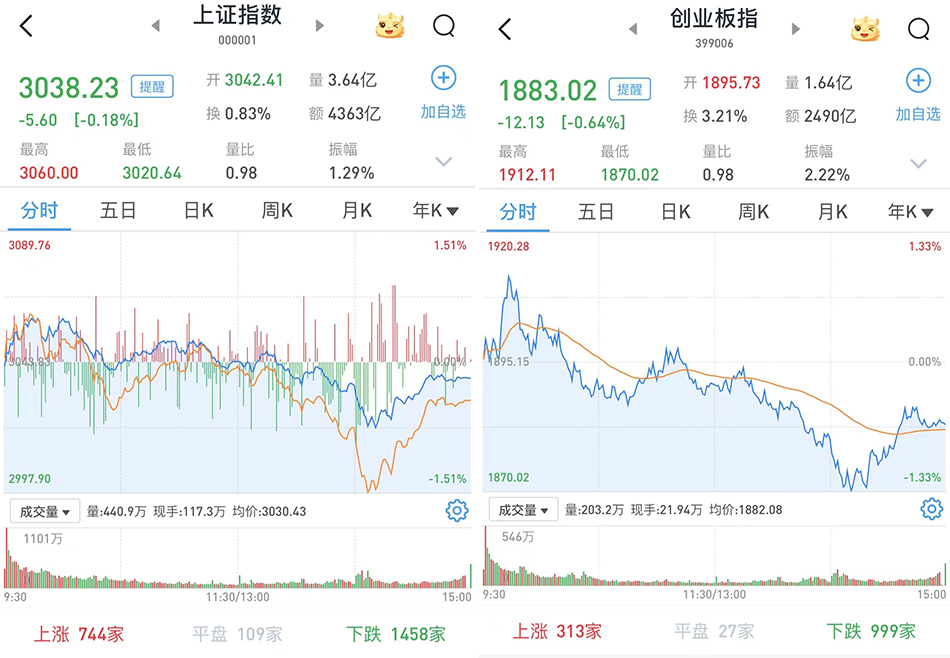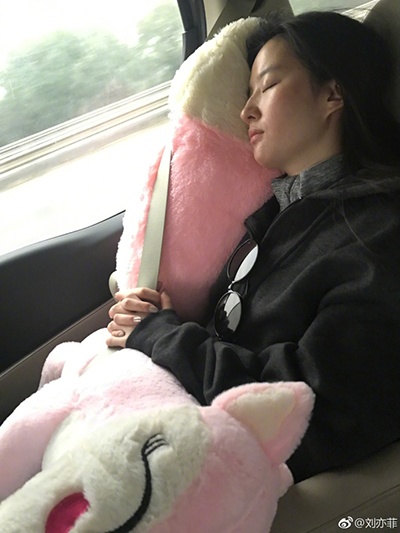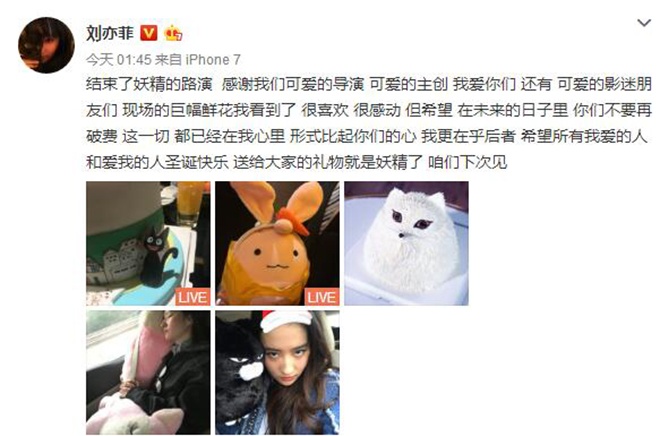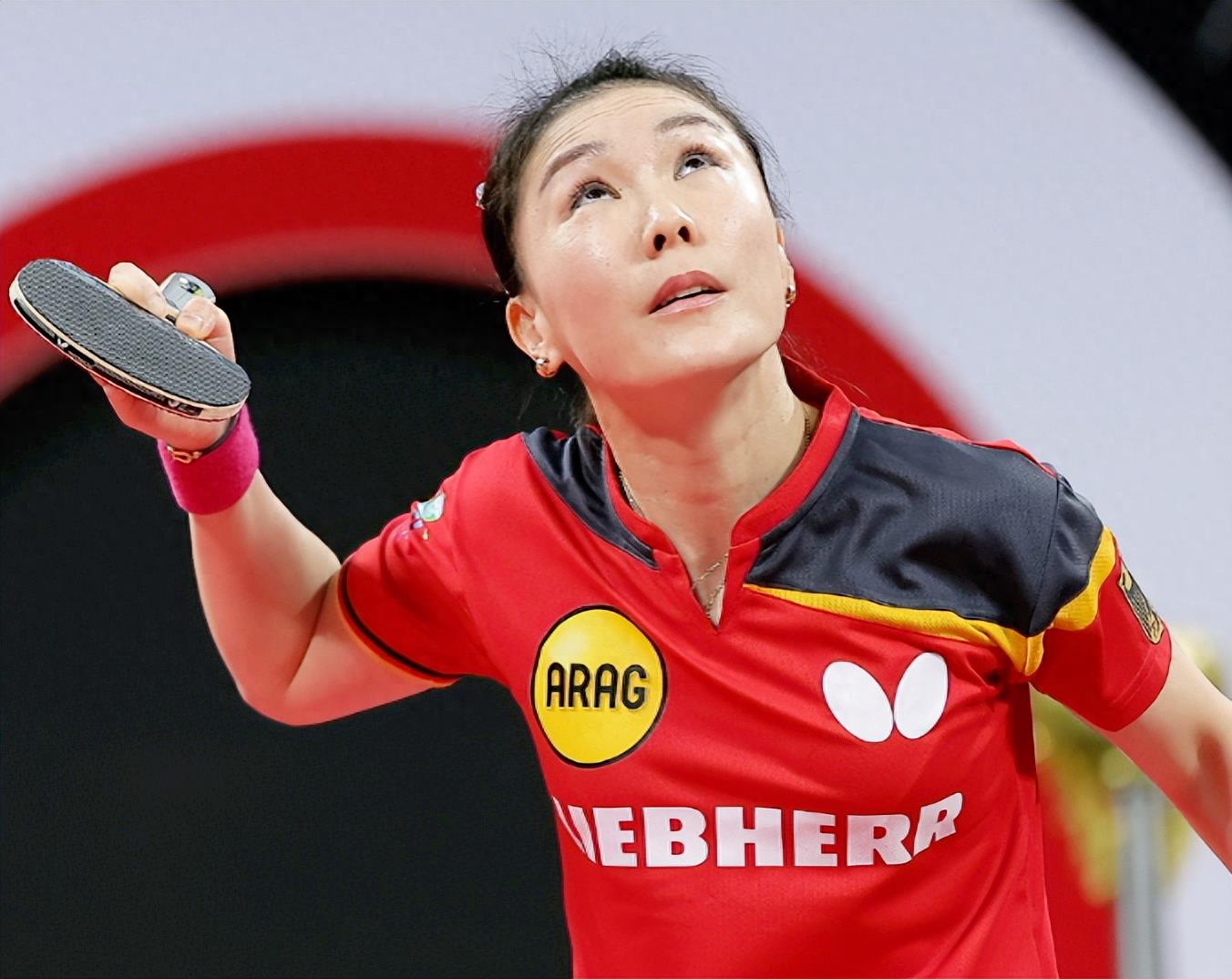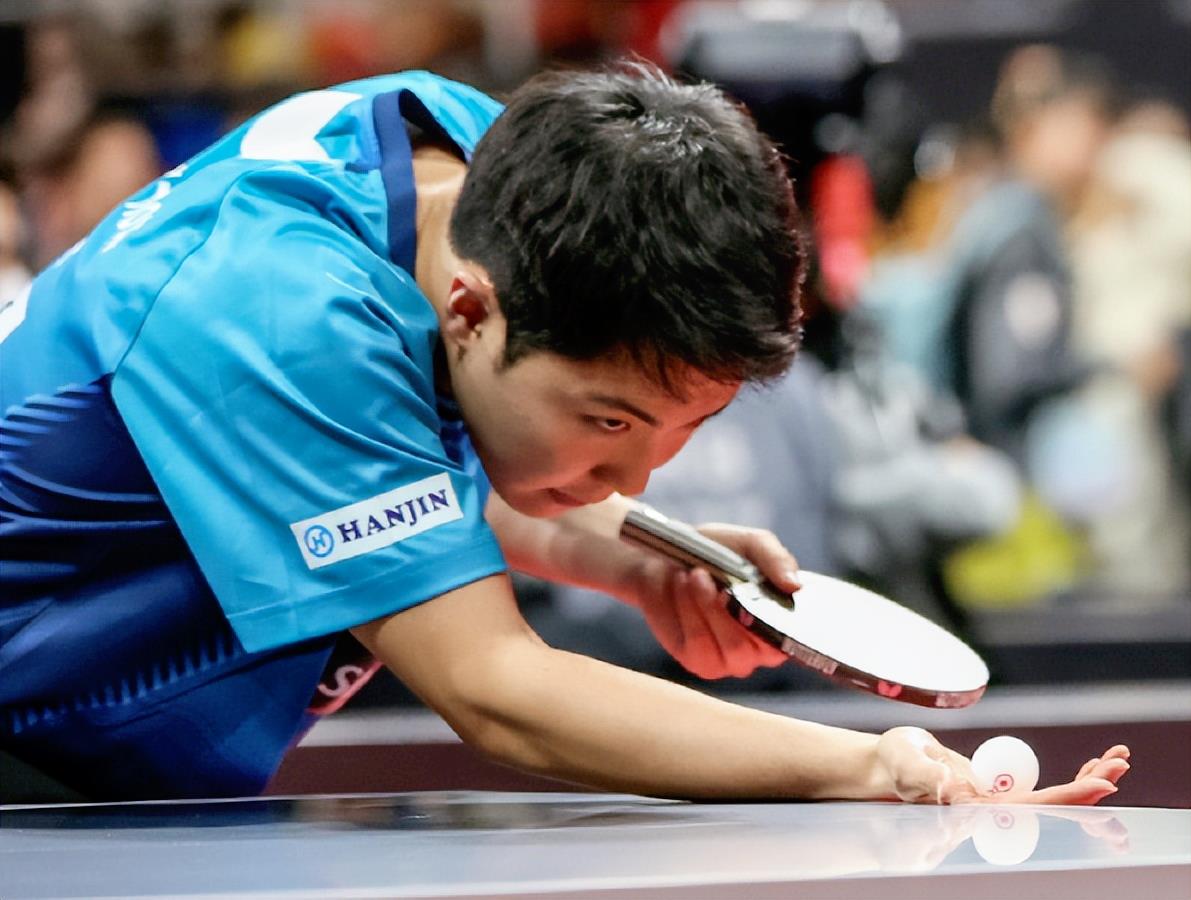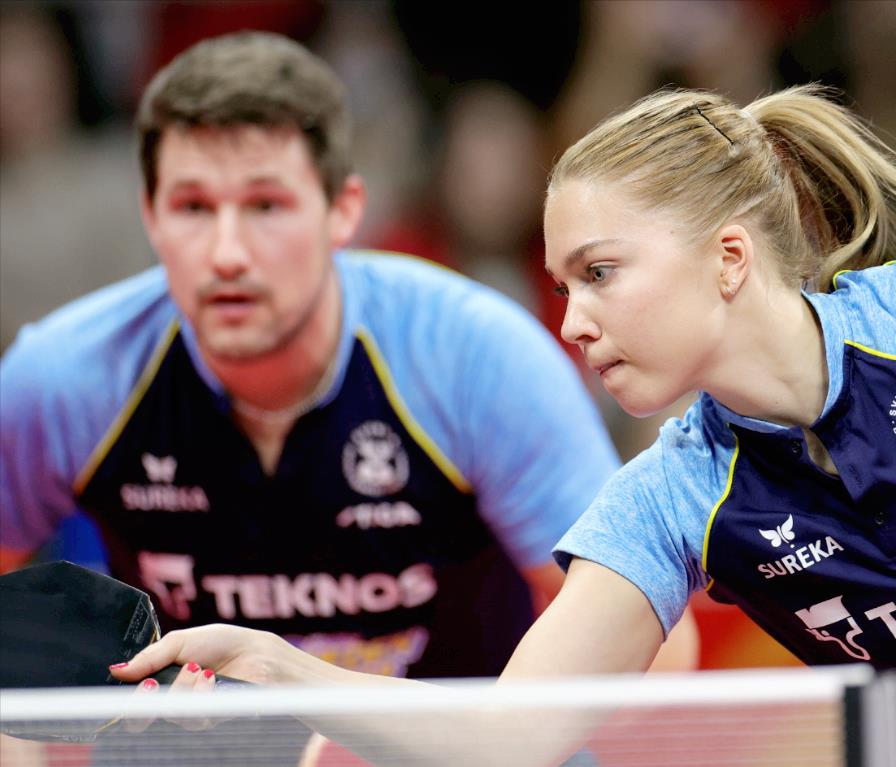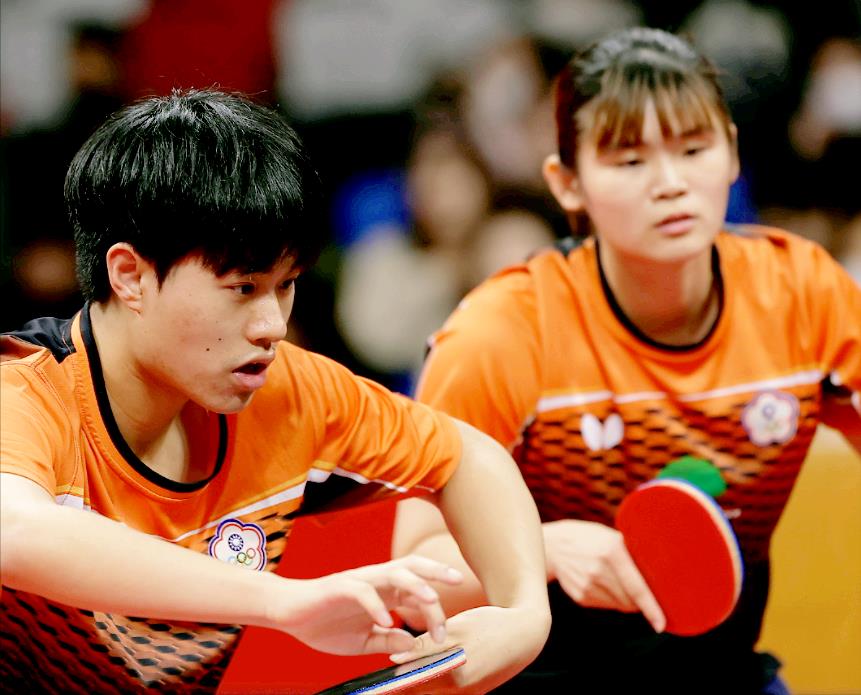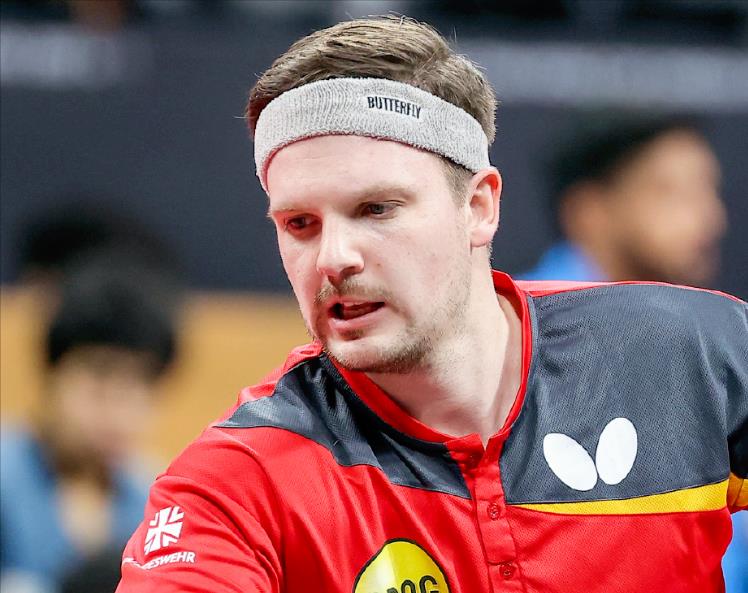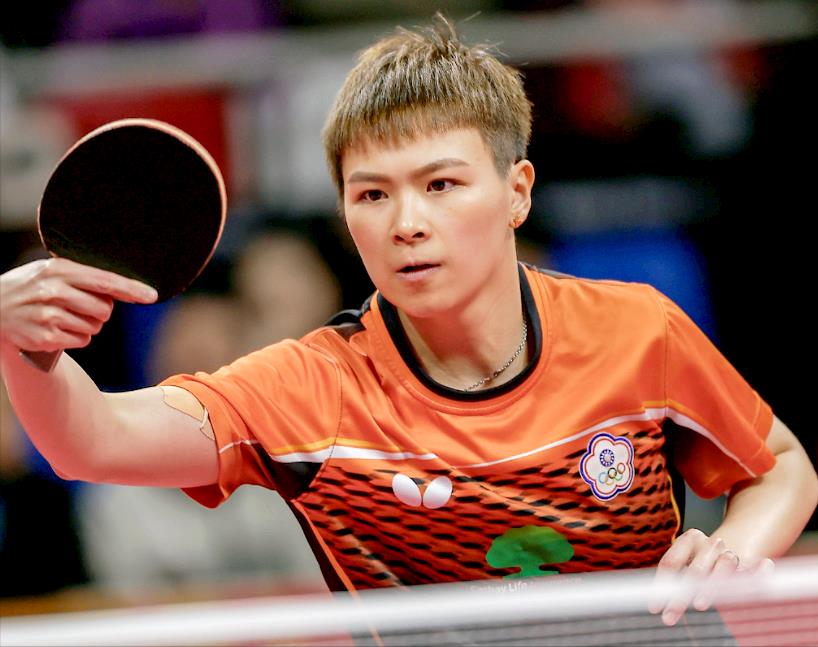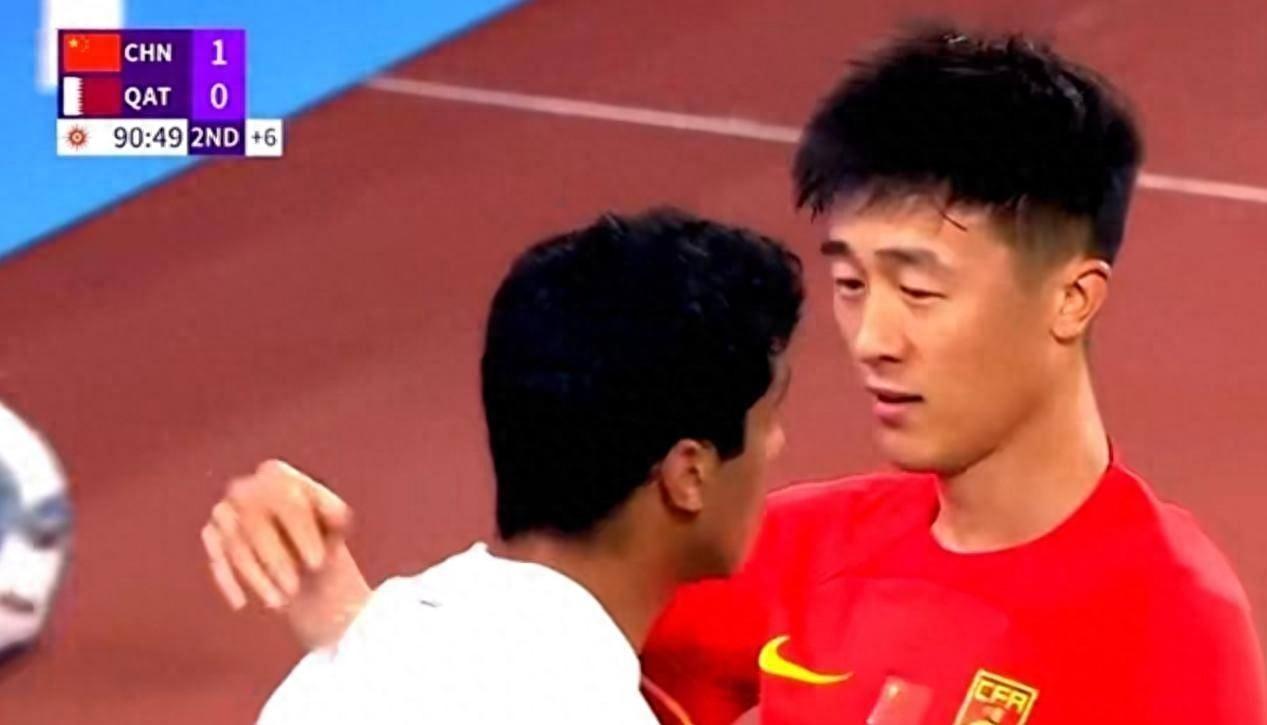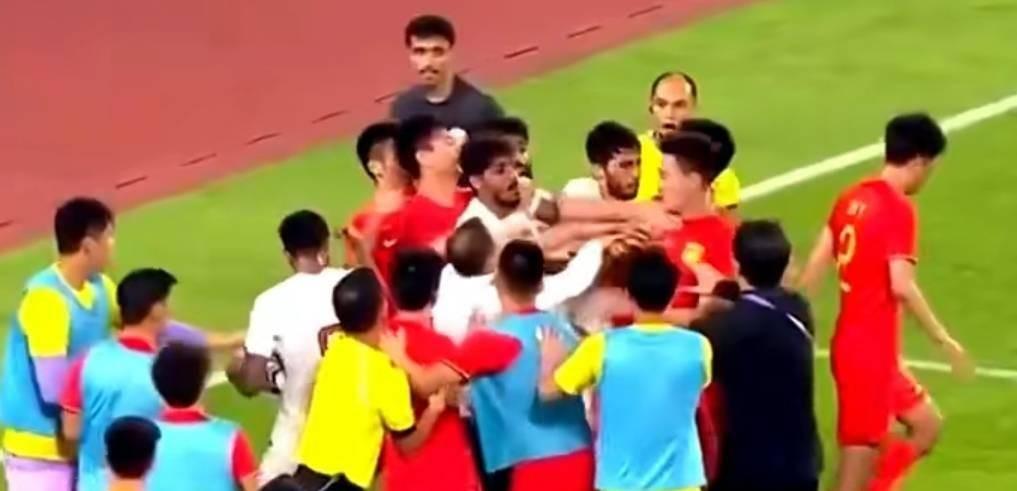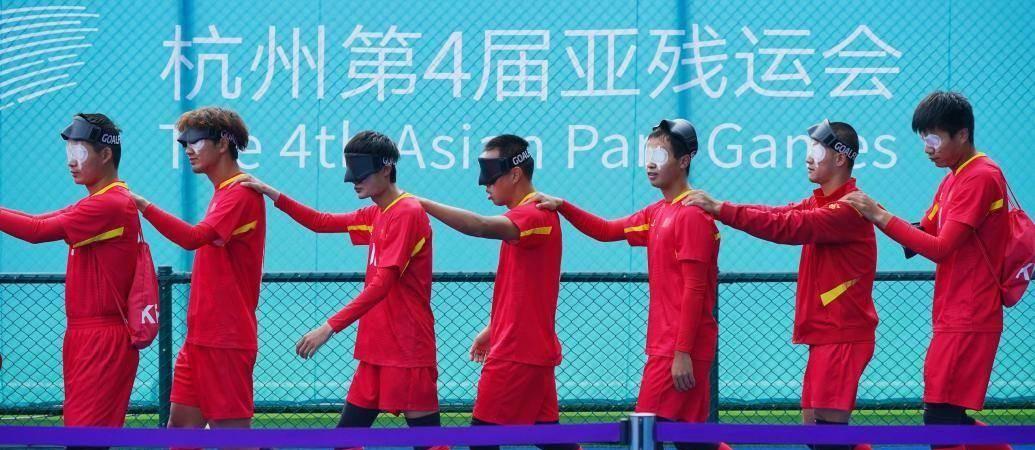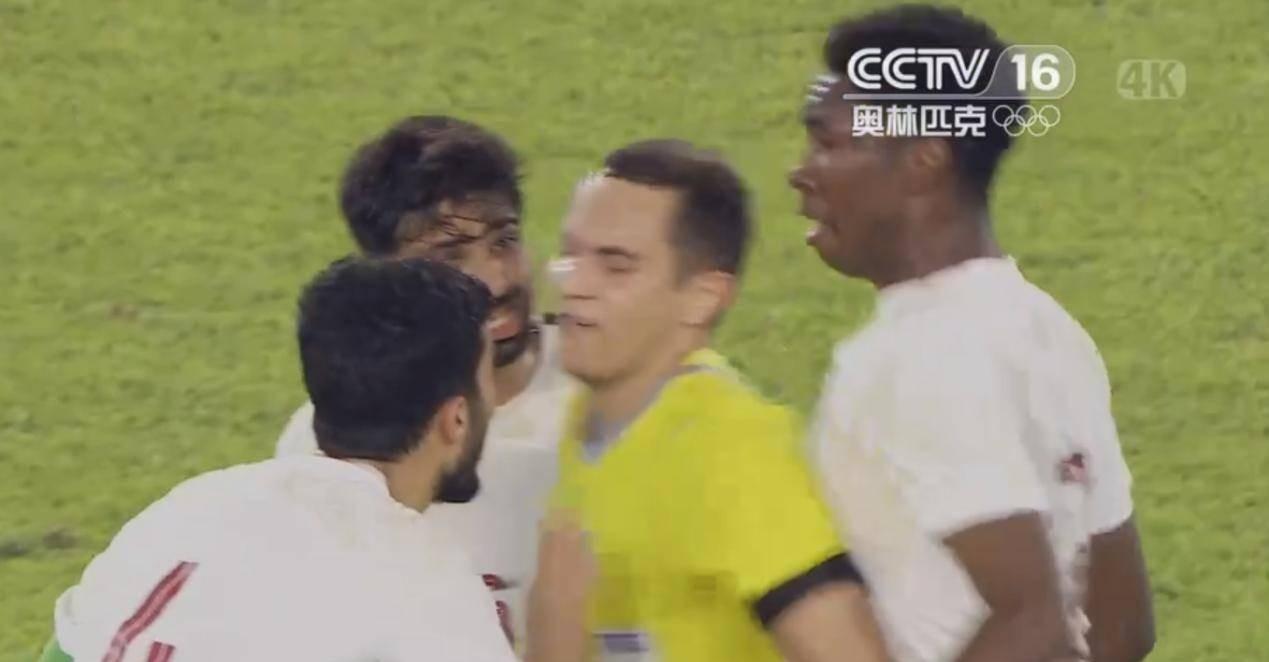Original title: Shawn denied that "chopsticks" broke up and looked forward to the Spring Festival Evening of "Little Apple"
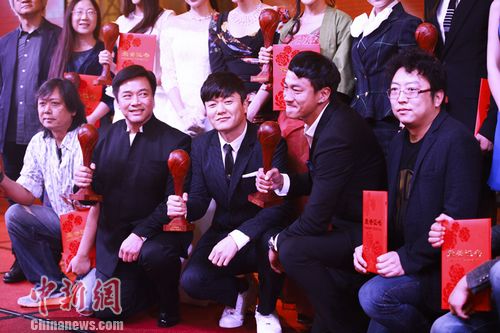
Shawn (Middle)
On October 13th, Shawn, the director who just successfully opened the door of "200 million box office club" with the 210 million box office of his debut film "The Old Boy Raptors Crossing the River", was invited to the "Wenrong Award" award ceremony in Hengdian Film & Festival of China, China in 2014 to receive the most important and only award awarded to individuals in the short film unit "Outstanding Contribution Award". Prior to this, there were rumors that the "Chopsticks Brothers" published in the gossip account had been disbanded, and Xiao Yang went to Zhejiang alone to receive the prize that day, which made the media ask Shawn questions one after another on this topic, and Shawn responded positively to this.
Shawn: "Chopsticks" are separated, which is a thing that has no shadow.
Because there was news in Weibo that the chopsticks brothers would completely break up and go their separate ways, the rumor that "chopsticks will become sticks and small apples will be eaten in two halves" became rampant day by day. Shawn, who attended the award ceremony alone that day, naturally attracted the media to chase after him and ask whether the two had "split up". Shawn responded with a little excitement: "We didn’t split up, and similar false news has been spread 5678 times! At different times, people say that we are breaking up with different purposes. After the big movie was finished, there were so many rumors that I couldn’t respond. For example, a while ago, it was reported that there was a car accident in Xiao Shenyang. Although I knew that the online rumors were unreliable, as a friend, you still had to worry about it. Fortunately, Xiao Shenyang was in my WeChat circle of friends. I saw him clarify and he was very helpless. In fact, everyone in the industry knows that we are not a simple singer group. From micro-movies to big movies, I am a director and screenwriter, and Lao Wang is a musician. Our division of labor is clear and we support each other. There is no motivation to break up. I have several movie plans at the same time, including the old boys series that I partner with Lao Wang. "
On the day of the event, Tang Jili, Peter Ho and others helped out one after another. The organizing committee invited the famous director Gao Xixi to present Shawn with the most important award of the new media short film unit "Outstanding Contribution Award", which was aimed at commending Shawn for his pioneering contribution in the field of China microfilm and becoming the first pioneer in transforming microfilm into cinema film. After winning the award, Shawn joked: "It’s like giving a lifetime achievement award at the beginning of filming". After taking office, Shawn also shared his own adventureland eight years ago. It was the Global Chinese Very Short Film Competition held together with Wenrong Award that awarded him a "Best Popularity Award" for his own advertising short film, which made him gain great courage and confidence: "I am very happy to be gradually recognized as a director, because when I first started filming micro-movies, my funds were limited, and I couldn’t wait for all the jobs I could do, so I performed, sang and danced by myself." But from the bottom of my heart, I first think of myself as a screenwriter and director. It’s like a long-distance runner. Most of the people don’t pay attention to it during the running journey. This state that no one pays attention to it and runs to the end is precisely what attracts me most. "
I hope "Little Apple" will be the first director to sing in the Spring Festival Evening.
Where Shawn appears, the topic of "Little Apple" is naturally indispensable. This episode in the film "The Old Boy Raptors Crossing the River" directed by Shawn has never given up the position of the champion of Baidu’s hot song list for one day in the past four months, and has obtained all the records that can be cracked by popular singles over the years, resulting in thousands of video versions of Fanzhi (fan production), and even boarded the website of the Ministry of National Defense and CCTV news channel, which triggered the biggest entertainment on the Internet. There is only April left in the Spring Festival Gala of the Year of the Sheep, and the director has been undecided for a long time, and the program is impenetrable. However, the rumors, predictions, appeals and canvassing about the upcoming landing of Little Apple in the Spring Festival Gala have become the hottest topics in the program. The reporter searched for the topic of "Little Apple Spring Festival Gala" in Weibo, which is similar to "Strongly demanding that Little Apple be on the Spring Festival Gala!" "Little Apple will definitely reach the top of the Spring Festival Gala. This song is too hot! Where there are Chinese, there will be this song! " Comments like that are dizzying.
After receiving the award in Shawn, the reporter also asked Shawn about it. Shawn replied with a smile: "If I can attend, it will be good. If I can attend, will I have the opportunity to become the first film director to sing and dance at the Spring Festival Evening?" When the reporter asked if "Little Apple" had been on fire for almost half a year, whether there would be any new ideas in the Spring Festival Evening, Shawn said: "I believe that if we go to the Spring Festival Evening, we should first listen to the professional advice and planning of TV people, and we will also improve the form and content to make it more fun."

